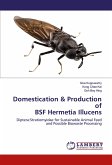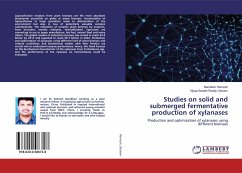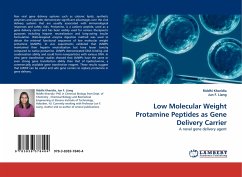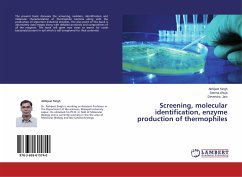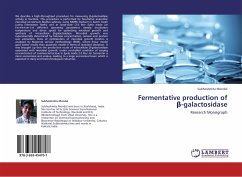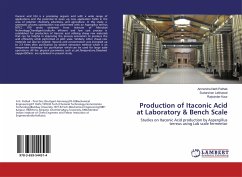Ea4 peptide of rainbow trout pro-IGF-I has been shown to exert anti-cancer activities in human cancer cell lines. Kou and Chen (2003) have shown that the trout Ea-4 peptide could bind specifically with a binding component on the membrane of neuroblastoma cells (SK-NF-1). In order to characterize this binding component, a radio-labeled ligand with high specific activity will be required. In this study, effort was made to label trout Ea4-peptide by phosphorylation by protein kinase A (PKA) with radioactive ATP. Recombinant PKA4 peptide was prepared by adding 5 amino acid residues to the carboxyl-terminal of the trout Ea4-peptide. Following partial purification, recombinant PKA4 peptide and Ea4-peptide were active in mitogenesis in mouse fibroblast cells and morphological differentiation in SK-N-SH neuroblastoma cells. By protein kinase reaction, recombinant PKA4 peptide was labeled with 32P-ATP. Both rtEa4 and PKA4 peptides were labeled with 32P using the PKA enzyme. PKA4 peptide was labeled at levels over 10 times the expected values. Four serine phosphorylation sites and 3 threonine phosphorylation sites on the rtEa4 peptide may have contributed to the phosphorylation.
Bitte wählen Sie Ihr Anliegen aus.
Rechnungen
Retourenschein anfordern
Bestellstatus
Storno


